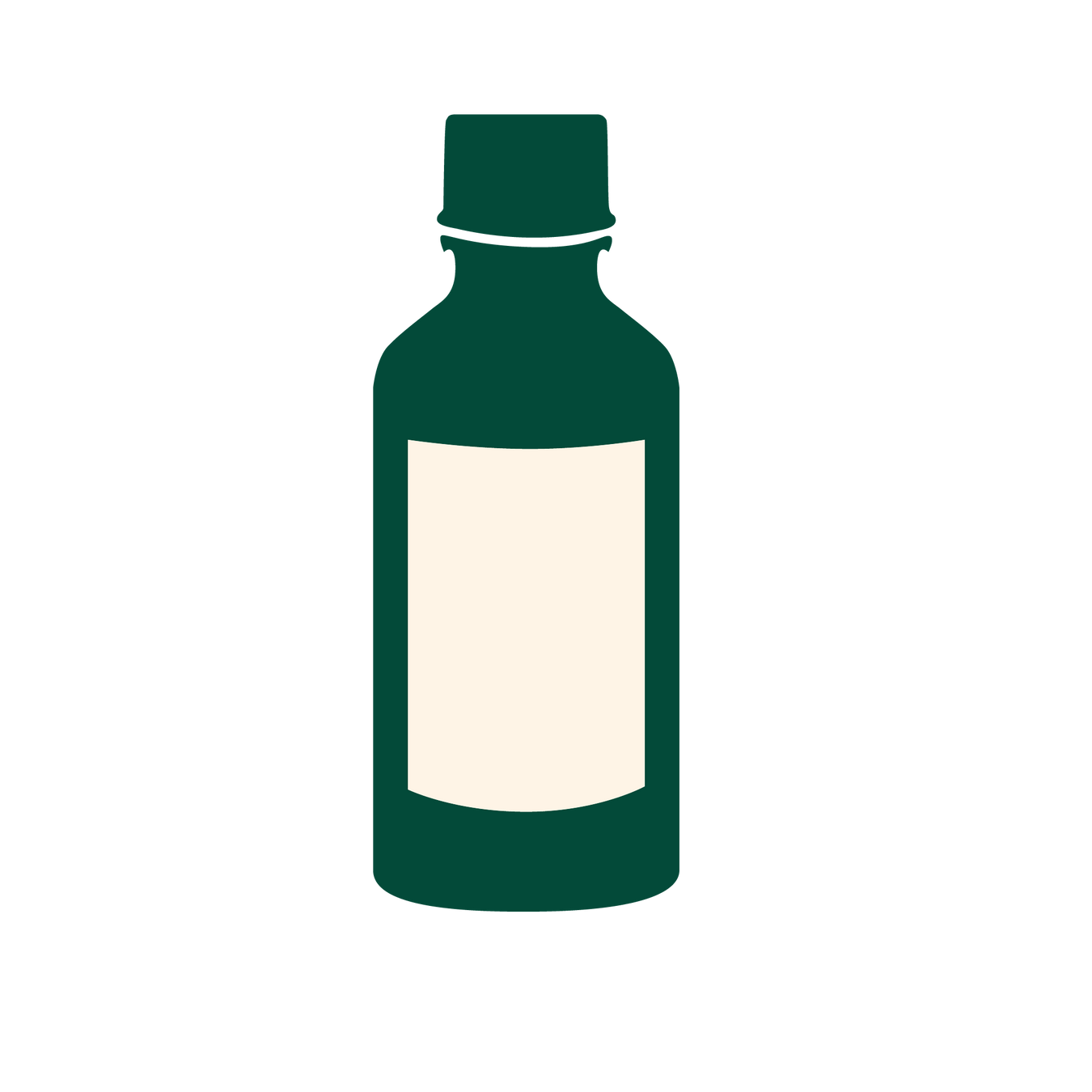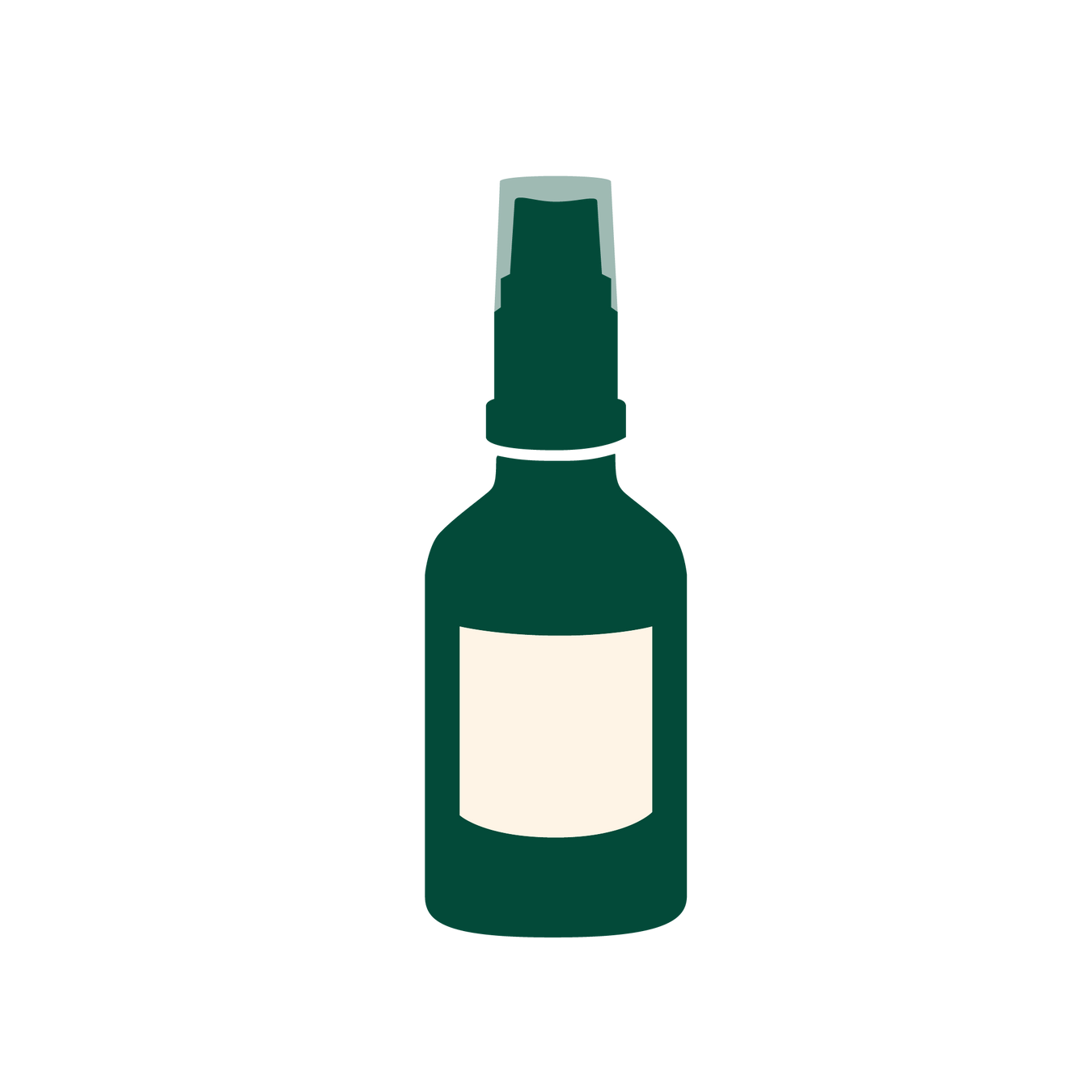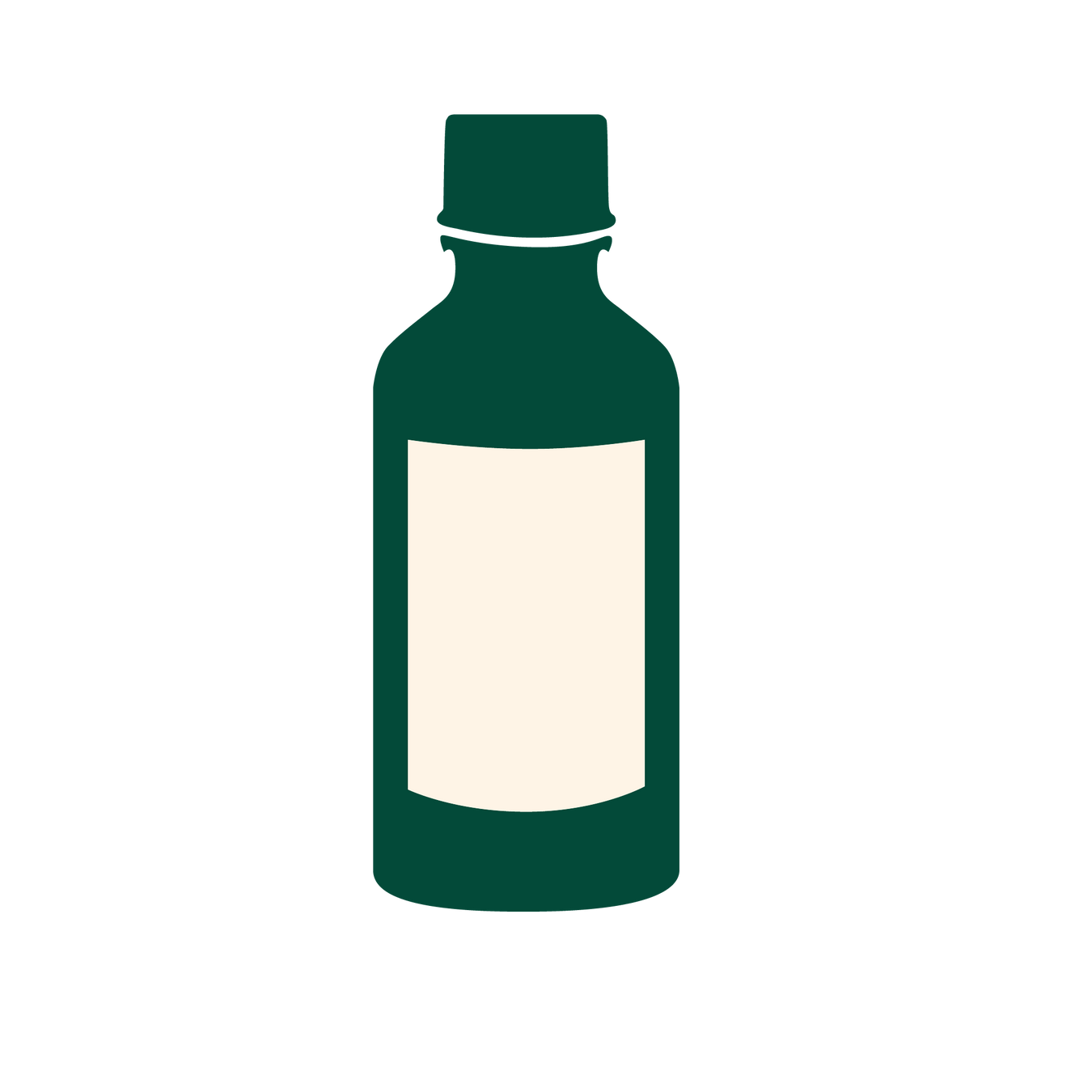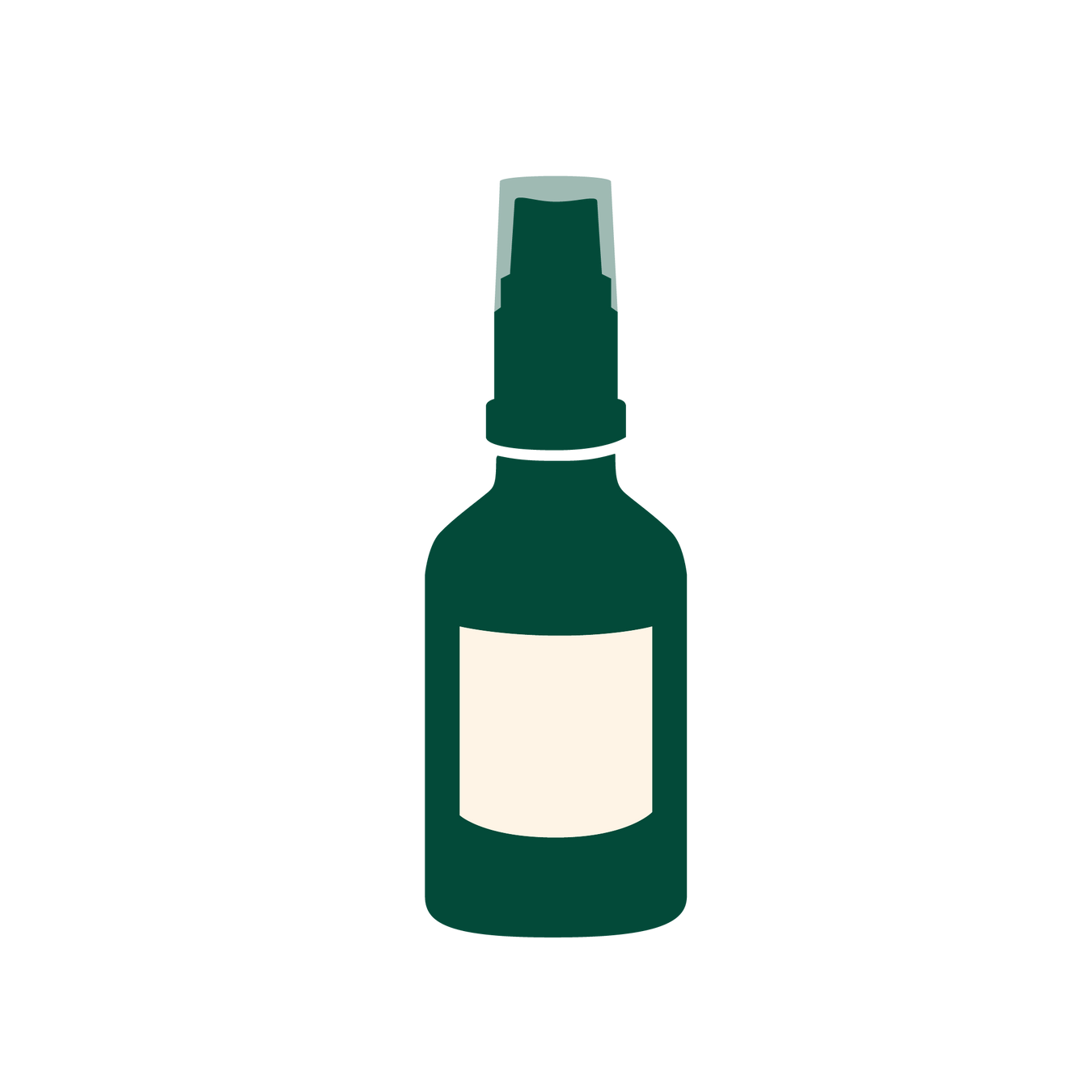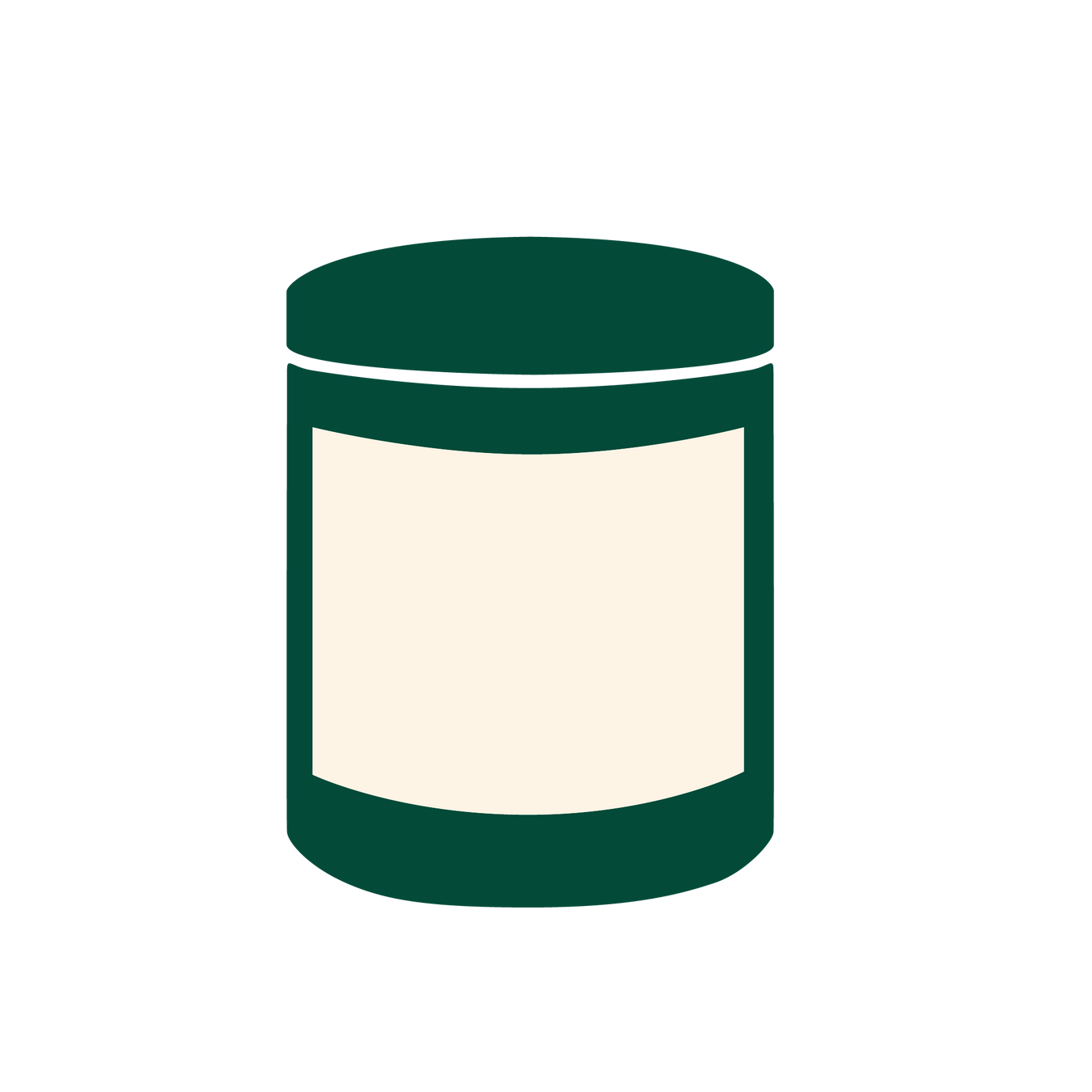
Wild teasel – not only popular with bees
Natural healing power against Lyme disease!
The summer temperatures invite you to hike through forests and meadows, stroll through the city park, take a leisurely stroll in your own garden, or swim in the lake. Unfortunately, other creatures also enjoy it there...ticks.
Franz Allerberger, head of the Human Medicine Division at the Agency for Food Safety (AGES), believes that tick-borne diseases will become more important in the coming years. On the one hand, climate change with milder winters is leading to an increase in the mouse population, the most important host for tick larvae. Second, climate change will also lead to a significant decline in spruce populations and an equally significant increase in beech populations. The fruit of beech trees – beechnuts – is, in turn, the main food source for mouse-like animals. His analysis is: "The more small rodents, the more ticks."
Ticks—also known as the common tick—are blood-sucking arachnids and become active at temperatures as low as 7° Celsius. Approximately 10% of the Austrian population is bitten by a tick every year. In popular parlance, this is referred to as "bitten."
Through a tick bite, a variety of bacteria and viruses can enter the human bloodstream via tick saliva. Ticks are vectors of disease. They transmit not only the well-known TBE virus (tick-borne encephalitis) and Borrelia, but also other pathogens such as Rickettsia, Ehrlichia, Bartonella, and Babesia. A tick vaccination protects against meningitis caused by the TBE virus. There is currently no vaccination against any other tick-borne infections, including bacterial Borrelia infection. In Austria, it is estimated that around 30% of ticks are infected with Borrelia.
How can you protect yourself?
To take the fear out of ticks, we recommend taking proactive protective measures: protection through clothing and footwear or a protective spray (so-called repellents) against ticks.
It is essential to remove these annoying bloodsuckers as quickly as possible. The risk of transmitting pathogens increases with the length of time they remain on the host. The bacteria are found in the tick's intestine and can be transmitted after about 24 hours. Therefore, you should check your body for ticks after spending time outdoors. Ticks roam the body for some time before choosing a warm and soft bite site. They prefer to bite in the backs of the knees, inside the elbows, skin folds, armpits, at the hairline, behind the ears, on the throat, neck, navel, or in the genital area.
Ticks can be easily removed with tick tweezers, a tick card, or a tick lasso. Using the tick removal tool of your choice, grasp the tick just above the skin. Pull yourself out slowly and evenly, taking care not to twist or squeeze the tick. Applying glue, oil, nail polish, alcohol, and similar household remedies is strongly discouraged. Burning the tick with a lighter is also not a good idea. These actions irritate the tick, causing it to release infectious saliva even more. Afterward, clean the area with a wound disinfectant or alcohol. It's prudent to monitor the bite site for changes for several weeks.
Symptoms of Lyme disease primarily affect the skin, joints, and nervous system. Signs of illness only appear after approximately five to 15 days. A prominent feature is a ring-shaped rash known as erythema migrans. A reddening spreads around the bite site. In mild cases, flu-like symptoms may occur.
If the disease progresses, it can lead to inflammation of the heart muscle or joints.
An untreated Lyme disease infection can lead to inflamed spinal cord nerves after just a few weeks. This causes pain and, in the worst cases, seizures and paralysis. Conventional medicine relies on prompt antibiotic treatment to prevent a serious course of the disease.
In naturopathy, the Wild teasel as a companion to a comprehensive treatment against Lyme disease. We did not want to leave this help of Mother Nature unused and therefore we produce our very high-quality, purely herbal Duschlbaur's Wild Cardoon Herbal Tincture . The wild teasel is also said to strengthen the immune system and the body's defenses, as well as to have antioxidant properties.
Join the bees, bumblebees and butterflies and taste the Wild teasel !
